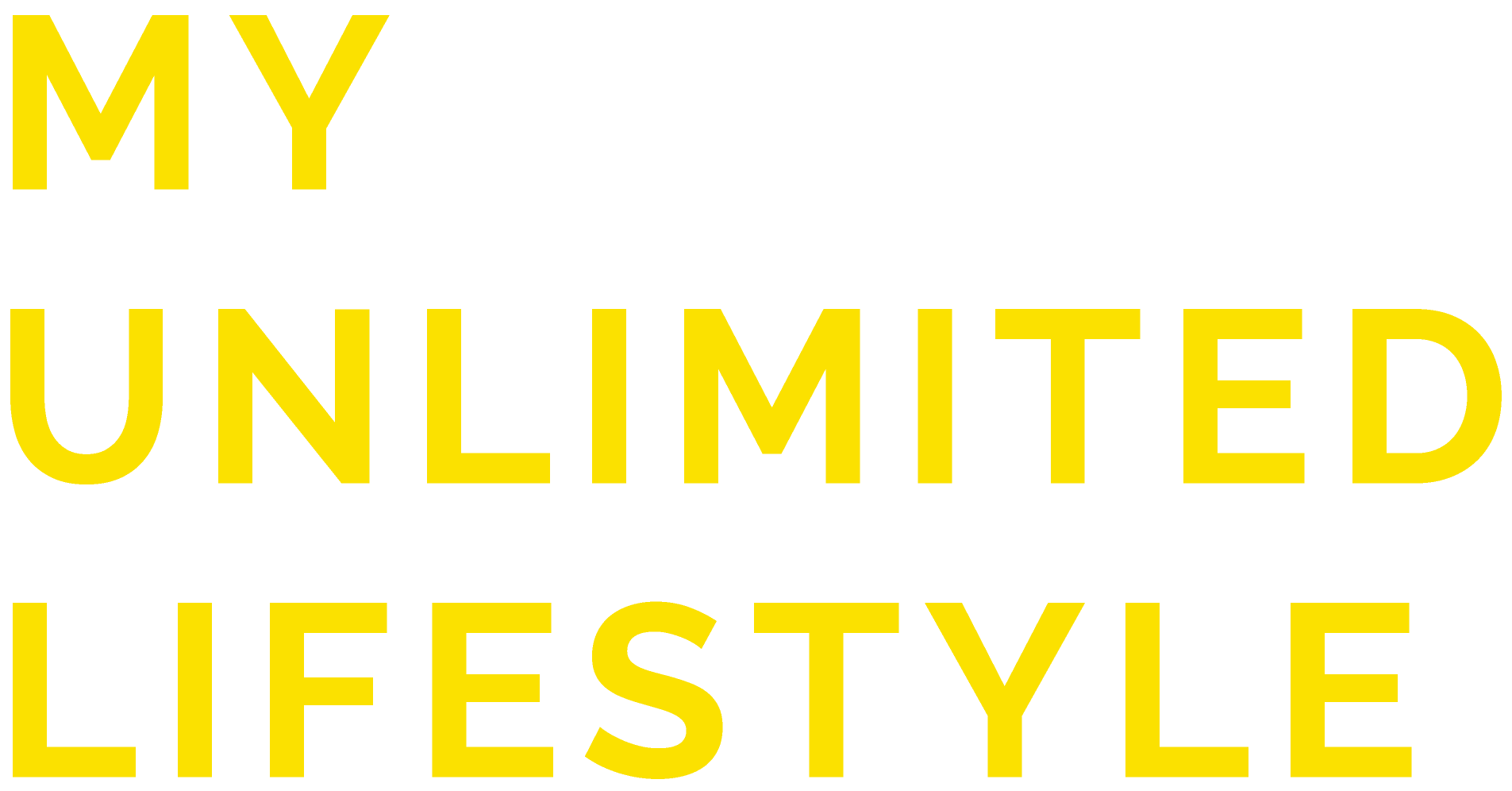We already talked in this article about what are soft skills and why they’re important to your life. To manage processes more efficiently, it is important that a manager fully understand what each of these terms refers to. Today we will talk about soft skills resume and the difference between hard ones.
Soft skills
These are subjective abilities, somewhat difficult to quantify. As we mentioned earlier, they are also known as «people’s skills» or «interpersonal skills», and they have to do with how an individual interacts and relates to others.
The emotional and social capacity they possess enables them to adapt to the company culture and interact with their team. They can be thought of as innate skills, developed throughout a person’s life. Some examples of soft skills resume could mention include emotional intelligence, empathy, leadership, time management, among many others.

Hard skills
These are teaching skills, which can be learned, or a set of skills that are easy to quantify. They are usually learned in the classroom or at work, with the help of training materials.
These skills are usually described in the CVS. Traditional examples of hard skills include: proficiency in a foreign language; a degree or certificate; fast typing on the computer keyboard; manipulation of specialized machinery; computer programming.

How to show them in an interview?
The most effective way to show off your hard and soft skills is to share past experiences that relate directly to job requirements. Start by presenting the situation, describe the task in question, explain the actions you took and end with the result you achieved (STAR technique: Situation, Task, Action, Result).
Showign soft skills
· Getting to the interview on time or early (punctuality or reliability)
· Keeping eye contact (active listening)
· Speaking clearly when asked (effective communication)
· Responding truthfully to questions about your resume and your experience (integrity)
· Ask follow-up questions (active listening)
Showing hard skills
· Explaining your experience and training by providing a portfolio (Digital or Physical)
· Effectively answering Work-Related Technical Questions
·Asking Work-Related Follow-up Questions
· Effectively Performing Aptitude Tests (if required)

The importance of soft skills
Soft skills make it easier for professionals to integrate and perform effectively in the workplace. Applying these skills allows us to establish optimal relationships with other people, they favour the ability to work as a team, our communication or decision making, which in turn are in themselves categories of soft skills.
Organizations and companies are increasingly attaching importance to these skills and are aspects to evaluate in any good selection process.
Soft Skills are essential for a more competitive performance of work teams and for establishing solid and trustworthy working relationships. Although they are simple and obvious they need commitment, care and attention. If practised daily they can result in natural behaviours or habits, becoming a great benefit for everyone.
If you want to improve your soft skills then you should consider learning some courses like this one.






